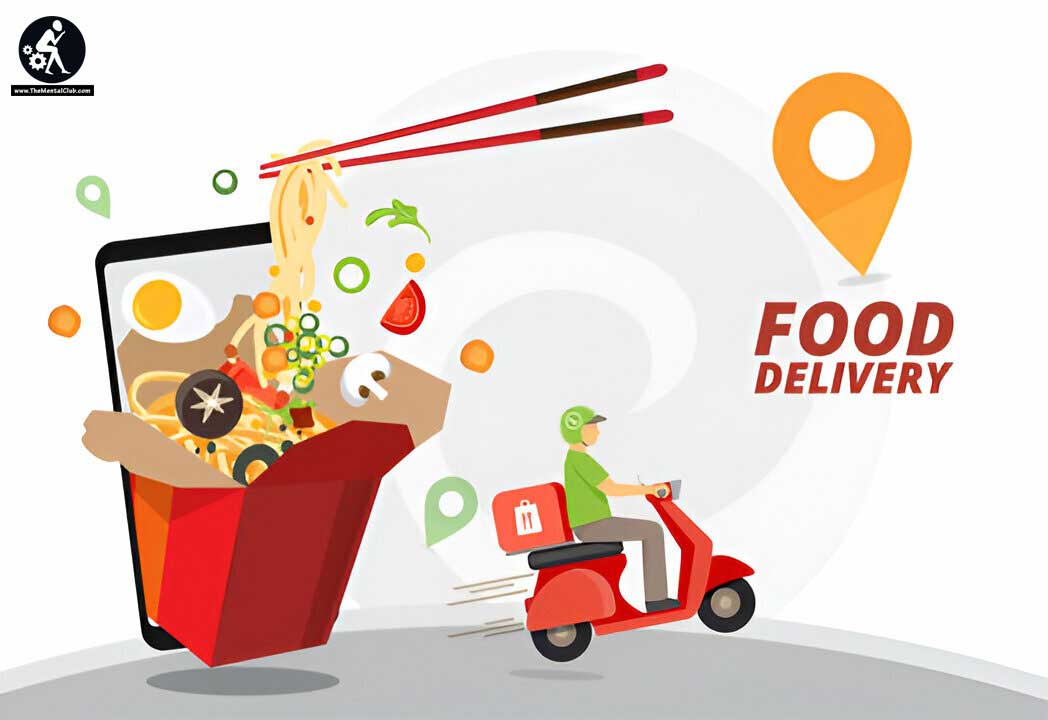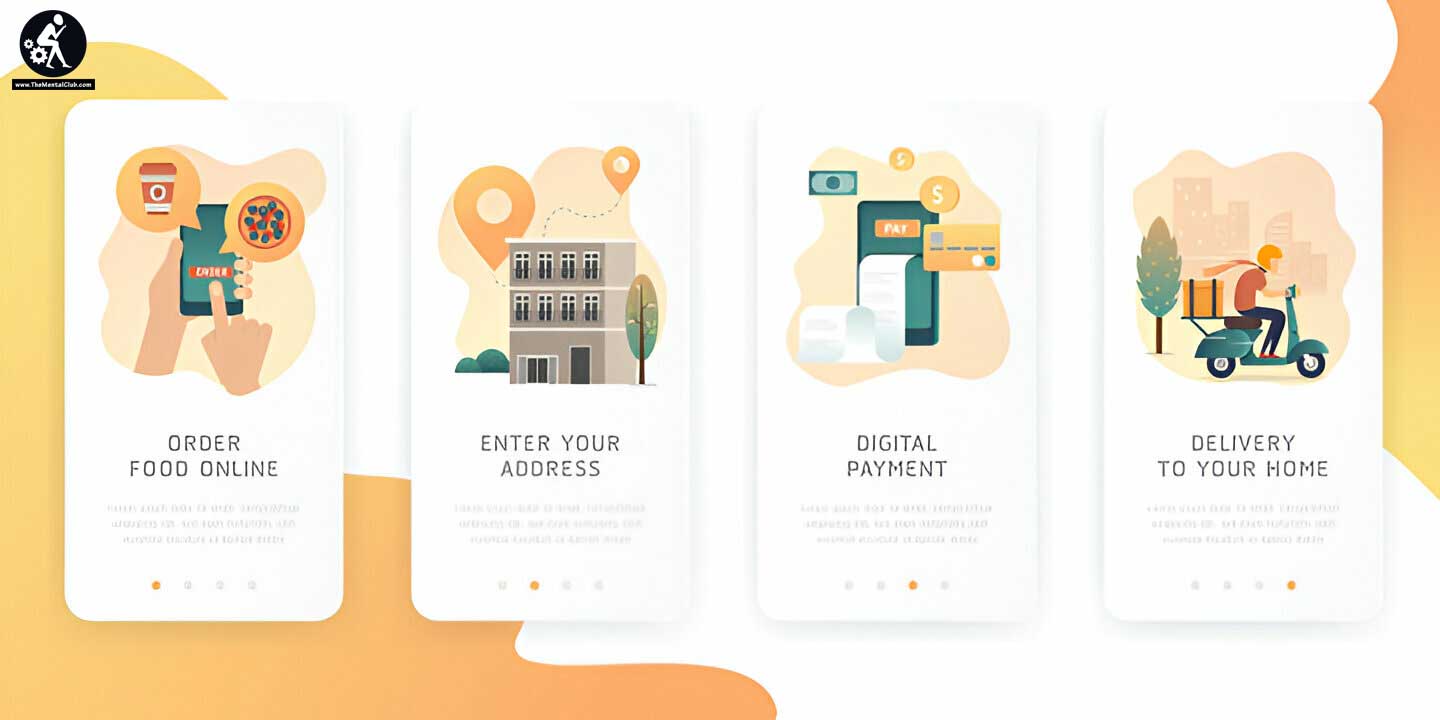Running a successful food ordering and delivery business requires careful planning, effective management, and attention to detail. With the growing demand for convenient and hassle-free food delivery, it’s essential to provide excellent service that exceeds customer expectations. In this article, we will share ten tips to help you maximize your business potential and build a thriving food ordering and delivery venture.
Introduction to the Food Ordering and Delivery Industry

Evolution and Growth of Food Ordering and Delivery Services
Remember the good old days when ordering food meant picking up the phone, calling a restaurant, and hoping your order would arrive correctly? Well, those days are long gone. The food ordering and delivery industry has evolved significantly over the years, transforming the way we satisfy our hunger cravings.
With the advent of technology and the rise of online platforms, food delivery services have become increasingly popular. Customers can now conveniently browse through a wide range of options, place orders with a few clicks, and have delicious meals delivered right to their doorstep.
Current Trends and Market Opportunities
In today’s fast-paced world, convenience is key. Food ordering and delivery services have tapped into this need and have experienced remarkable growth in recent years. Whether it’s busy professionals looking for a quick lunch, families wanting a hassle-free dinner, or individuals craving their favorite cuisine, the demand for food delivery is on the rise.
Additionally, with the COVID-19 pandemic changing the way we dine out, food delivery has become even more essential. Restaurants have had to pivot their operations to include delivery services as a means to survive and thrive. This has opened up new opportunities for entrepreneurs and businesses to enter the food delivery market and cater to the growing demand.
Establishing a Solid Business Model

Identifying Target Customers and Their Needs
Before diving headfirst into the food delivery business, it’s crucial to identify your target customers and understand their needs. Are you targeting busy professionals, families, or a specific demographic? Understanding your customer base will help you tailor your services to meet their expectations and preferences.
Choosing the Right Business Model (Aggregator, In-house, or Hybrid)
Once you know your target customers, it’s time to decide on the right business model for your food delivery venture. You have three main options: aggregator, in-house, or a hybrid approach.
Aggregators act as a middlemen, partnering with restaurants and delivering their food to customers. In-house models involve building your own fleet of delivery drivers and managing the entire process. The hybrid approach combines elements of both, allowing you to leverage existing delivery networks while also maintaining control over certain aspects.
Consider the pros and cons of each model, such as cost, scalability, and control, to determine the best fit for your business.
Pricing Strategies and Revenue Models
Pricing is a crucial aspect of your business model. You need to strike a balance between attracting customers with competitive prices and ensuring profitability. Consider factors such as delivery fees, commission structures, and menu pricing to optimize your revenue streams. Be mindful of the market dynamics and competition to stay ahead in this ever-evolving industry.
Building a User-Friendly Online Platform

Importance of a Seamless User Experience
In the age of online ordering, user experience is paramount. Customers desire a seamless and hassle-free process from start to finish. Make sure your online platform is intuitive, easy to navigate, and offers a pleasant ordering experience. Remember, a frustrated customer will likely take their appetite elsewhere.
Designing an Intuitive and Responsive Website or App
Invest in a well-designed website or app that mirrors your brand identity and showcases your offerings effectively. Ensure it is responsive across various devices, providing a consistent experience on desktops, smartphones, and tablets. A visually appealing and user-friendly platform will keep customers coming back for seconds.
Incorporating Convenient Features (Search, Filters, Payment Options)
Simplify the ordering process by incorporating convenient features. Customers appreciate search functionalities, filters to narrow down options, and multiple payment options. Remember to prioritize security and privacy to build trust with your customers.
Ensuring Efficient Order Management and Delivery Operations

Optimizing Order Processing and Tracking Systems
Efficiency is the key to success in the food delivery business. Invest in robust order processing and tracking systems to streamline your operations. This ensures that orders are received promptly, prepared efficiently, and delivered with accuracy. Customers appreciate timely updates on their orders and the ability to track their deliveries in real time.
Managing Inventory and Supply Chain Logistics
Maintaining adequate inventory levels and managing supply chain logistics is crucial in avoiding delays and keeping customers satisfied. Implement inventory management systems to track ingredient availability and ensure timely restocking. Collaborate closely with your suppliers to maintain a smooth ingredient flow and anticipate potential disruptions.
Collaborating with Reliable Delivery Partners
Reliable delivery partners are the backbone of your business. Partner with reputable and trustworthy delivery services or build your own fleet of trained drivers. Clear communication, efficient logistics, and a commitment to timely deliveries will help you build a strong reputation and earn customer loyalty.
In the fast-paced world of food ordering and delivery, efficient operations and exceptional customer service are paramount. By following these tips and staying attuned to market trends, you can carve out a successful niche in this thriving industry. So, put on your apron, grab your smartphone, and get ready to satisfy hungry customers with your food ordering and delivery business! Implementing Proper Cleaning and Sanitization Protocols
Implementing Effective Marketing and Promotion Strategies

Identifying Marketing Channels and Targeting Strategies
In order to successfully promote your food ordering and delivery business, it’s crucial to identify the most effective marketing channels and tailor your targeting strategies accordingly. This means understanding your target audience and finding the platforms they frequent the most. Whether it’s through social media advertising, email marketing, or local events, make sure you’re reaching the right people in the right places.
Leveraging Social Media and Influencer Marketing
Let’s face it, social media is where it’s at these days. With millions of users scrolling through their feeds every day, it’s a goldmine for marketing your business. Utilize social media platforms like Instagram, Facebook, and Twitter to showcase mouth-watering photos of your food, engage with your customers, and run promotions or giveaways. Additionally, influencer marketing can be a great way to reach a wider audience. Partnering with food bloggers or local celebrities can help generate buzz and increase brand awareness.
Utilizing Loyalty Programs and Referral Incentives
Everyone loves a good deal, so why not reward your loyal customers? Implementing a loyalty program can encourage repeat orders and build customer loyalty. Whether it’s through a points-based system or exclusive discounts, make your customers feel appreciated. Additionally, consider offering referral incentives to your existing customers.
Prioritizing Quality and Consistency in Food Preparation and Packaging

Sourcing Fresh and High-Quality Ingredients
When it comes to food, quality is key. Ensure that your food ordering and delivery business stands out by sourcing fresh and high-quality ingredients. This can make all the difference in the taste and presentation of your dishes. Partner with trusted suppliers and communicate your commitment to using the best ingredients in your marketing efforts.
Ensuring Proper Food Handling and Hygiene Practices
Maintaining proper food handling and hygiene practices is not only important for the health and safety of your customers but also for your business reputation. Train your staff on proper food safety protocols and enforce strict guidelines.
Implementing Effective Packaging Solutions for Food Safety
Packaging plays a crucial role in the success of your food ordering and delivery business. Invest in high-quality packaging materials that can maintain the freshness and integrity of your food during transit.
Streamlining Customer Support and Feedback Systems

Providing Prompt and Responsive Customer Support
Customer support is essential in any business, and the food ordering and delivery industry is no exception. Ensure that your customer support team is prompt and responsive, resolving any issues or queries quickly and efficiently. This can help build trust with your customers and enhance their overall experience.
Collecting and Analyzing Customer Feedback
Feedback is invaluable for improving your business. Implement systems to collect customer feedback, whether it’s through surveys, online reviews, or social media comments.
Implementing Improvements Based on Customer Insights
Once you have collected and analyzed customer feedback, take action! Implement improvements based on the insights you’ve gained. Whether it’s addressing common complaints, introducing new menu items, or enhancing your delivery process, show your customers that their opinions matter and that you’re committed to providing them with the best experience possible.
Conclusion
The food ordering and delivery industry presents immense potential for growth and success. By implementing the ten tips outlined in this article, you can establish a strong foundation for your business, attract and retain customers, and ensure efficient operations. Stay agile, adapt to changing trends and customer preferences, and continuously strive for excellence in all aspects of your food ordering and delivery business. With dedication and strategic planning, you can carve out a niche in this thriving industry and reap the rewards of a successful venture.

































